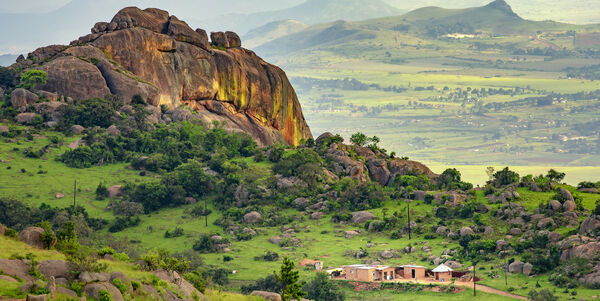The UK Health Security Agency and FCDO recommends that UK citizens are up to date with routine vaccinations and are inoculated against the following before travelling to Swaziland:
- Hepatitis A
- Tetanus
- Typhoid
There is no risk of yellow fever in this country, however, there is a certificate requirement.
You will need to be vaccinated a certain number of weeks prior to departure, check with a health worker as these times vary. Some travellers may need additional vaccinations. Check the TravelHealthPro website for further information.
The Australian Department of Health recommends that Australian citizens are up to date with routine vaccinations and are inoculated against the following before travelling to Swaziland:
- Hepatitis A
- Hepatitis B
- Typhoid
- Malaria
- Rabies
There is no risk of yellow fever in this country, however, there is a certificate requirement.
You will need to be vaccinated a certain number of weeks prior to departure, check with a health worker as these times vary. Some travellers may need additional vaccinations. Check the Vaccine Hub website for further information.
The new Zealand Ministry of Health recommends that New Zealand citizens are up to date with routine vaccinations and are inoculated against the following before travelling to Swaziland:
- Hepatitis A
- Hepatitis B
- Typhoid
- Diphtheria
- Rabies
There is no risk of yellow fever in this country, however, there is a certificate requirement.
You will need to be vaccinated a certain number of weeks prior to departure, check with a health worker as these times vary. Some travellers may need additional vaccinations. Check the WorldWise website for further information.
